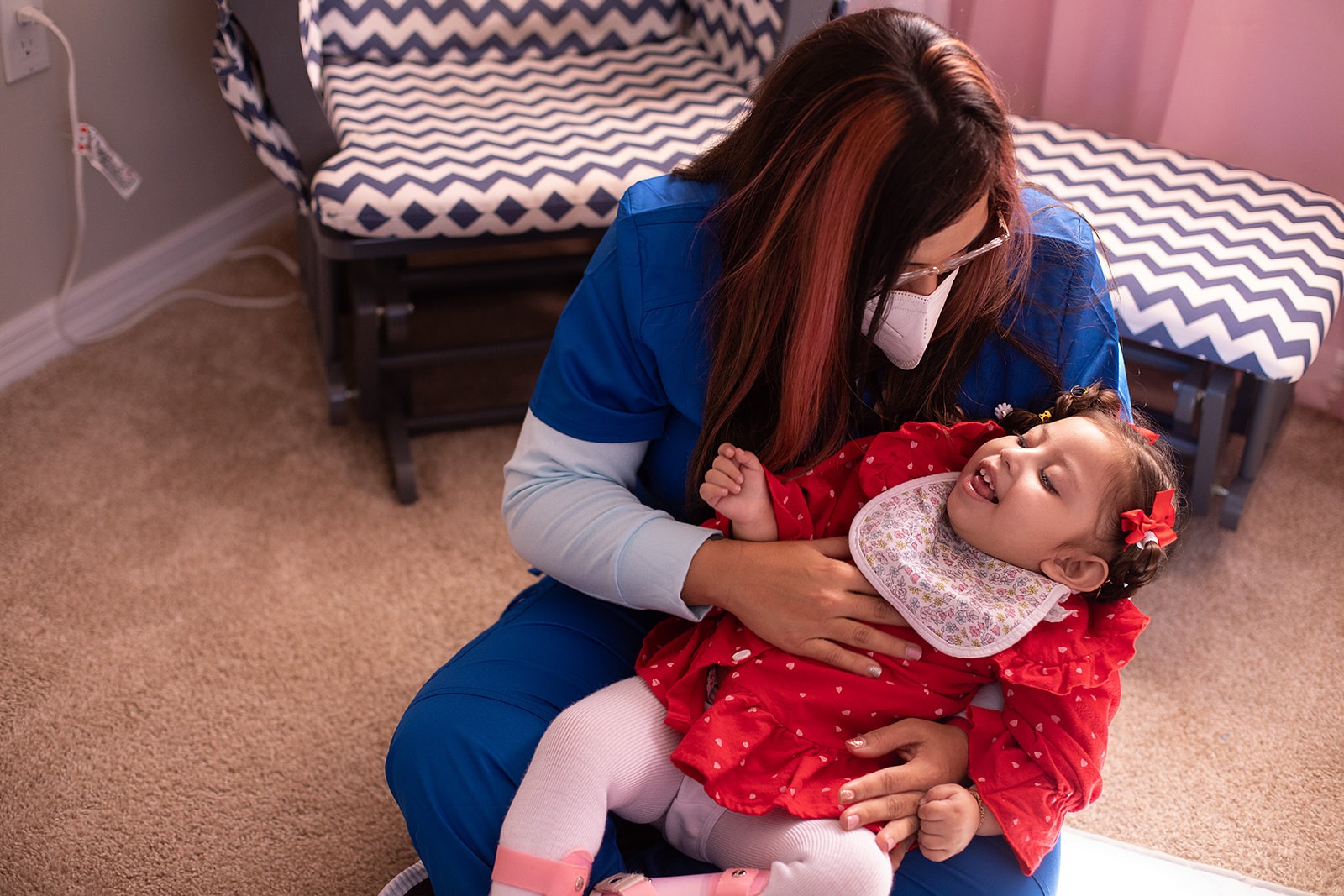Nursing is a profession rooted in compassion, skill, and dedication. Nurses are the heartbeat of healthcare, playing a pivotal role in patient well-being. In this comprehensive blog post, we’ll explore the myriad responsibilities that define the daily life of a nurse, from direct patient care to administrative duties, and how these responsibilities contribute to the holistic care of individuals and communities.
1. Patient Care Responsibilities
Patient care responsibilities include:
- Assessment and Monitoring: Nurses are responsible for assessing and monitoring patients’ physical and mental health. This involves conducting thorough examinations, tracking vital signs, and observing changes in patient conditions.
- Medication Administration: Precise medication administration is a core responsibility. Nurses ensure patients receive the correct medications at the proper doses and monitor for any adverse reactions or side effects.
- Wound Care: Managing and dressing wounds is critical to patient care. Nurses apply sterile techniques to prevent infections and promote optimal healing.
- Assisting with Activities of Daily Living (ADLs): Nurses assist patients with basic activities such as bathing, dressing, and eating when necessary. This fosters patient independence and contributes to overall well-being.
2. Communication and Advocacy
Communication and advocacy include:
- Patient Education: Nurses play a vital role in patient education, providing information on diagnoses, treatment plans, and preventive measures. Clear communication enhances patient understanding and empowers them to actively participate in their care.
- Advocacy: Nurses advocate for their patients, ensuring their needs and preferences are considered in the healthcare decision-making process. This includes communicating with other healthcare team members to address patients’ concerns.
- Family Communication: It is crucial to keep patients’ families informed about their loved one’s condition, treatment, and progress. Nurses act as a bridge between patients and their families, fostering a supportive network.
3. Critical Thinking and Decision-Making
Critical thinking and decision-making include:
- Assessment of Urgent Situations: Nurses must rapidly assess and respond to urgent situations. This requires quick thinking, decisive action, and prioritizing interventions based on patient needs.
- Collaboration with the Healthcare Team: Critical thinking is essential in collaborative decision-making with physicians, therapists, and other healthcare professionals. Nurses contribute their expertise to create comprehensive care plans.
- Problem-Solving: Nurses routinely encounter challenges, whether logistical, clinical, or interpersonal. Effective problem-solving ensures seamless care delivery and patient safety.
4. Administrative Responsibilities
Administrative responsibilities include:
- Charting and Documentation: Accurate charting and documentation are vital for maintaining a comprehensive patient record. Nurses record patient assessments, medications, interventions, and responses, ensuring a complete medical history.
- Scheduling and Coordination: Nurses are often responsible for coordinating patient care schedules, ensuring that treatments, tests, and procedures are arranged efficiently. This requires effective time management and coordination skills.
- Supervision and Delegation: In leadership roles, nurses supervise other healthcare staff and delegate tasks appropriately. Effective delegation ensures that each team member works within their scope of practice.
5. Emotional and Psychological Support
Emotional and psychological support include:
- Patient Counseling: Nurses provide emotional support by counseling patients and families during challenging times. This involves active listening, empathy, and addressing emotional needs.
- Grief Support: Supporting patients and families during grief is emotionally demanding but crucial. Nurses offer compassionate care and connect individuals with additional resources when needed.
- Mental Health Advocacy: Nurses play a vital role in advocating for mental health awareness and destigmatization. They contribute to recognizing and addressing mental health needs in both acute care and community settings.
6. Infection Control
Nurses are at the forefront of infection control. They implement strict hygiene measures, follow protocols, and educate patients and staff on preventing the spread of infections.
In cases of contagious diseases, nurses implement isolation precautions to protect patients, staff, and visitors from potential transmission.
7. Continuing Education and Professional Development
Nursing is a dynamic field with constant advancements. Nurses commit to ongoing learning, staying informed about new treatments and technologies, and evidence-based practices.
Many nurses pursue specialized certifications to enhance their skills in areas such as critical care, pediatrics, or gerontology. Certification demonstrates a commitment to excellence in a particular field.
8. Ethical Responsibilities
Nurses uphold patient confidentiality, ensuring that sensitive information is not disclosed without the patient’s explicit consent. Respecting privacy is a fundamental ethical responsibility.
Respecting patients’ autonomy is paramount. Nurses collaborate with patients in decision-making, ensuring that choices align with their values and preferences.
Being a nurse is a multifaceted role that demands a blend of technical expertise, compassion, and a commitment to excellence. The responsibilities outlined above showcase the breadth and depth of the nursing profession, highlighting the pivotal role nurses play in promoting health, preventing illness, and providing holistic care to individuals and communities. As healthcare continues to evolve, nurses remain the heartbeat of the profession, embodying the values of compassion, advocacy, and unwavering dedication to the well-being of those they serve.
Join the Care Options For Kids Team!
Are you ready for meaningful work that comes with benefits and not burnout? Join the compassionate care team that helps children and families live their best lives. Our clinicians provide best-in-class pediatric nursing, therapy, and school-based services. We bring individualized care to children where they live, work, and play. We have opportunities in homes, schools, and clinics across the country.
Apply at Care Options for Kids now. We make it easy to get started, so you can begin making a difference as soon as possible.






